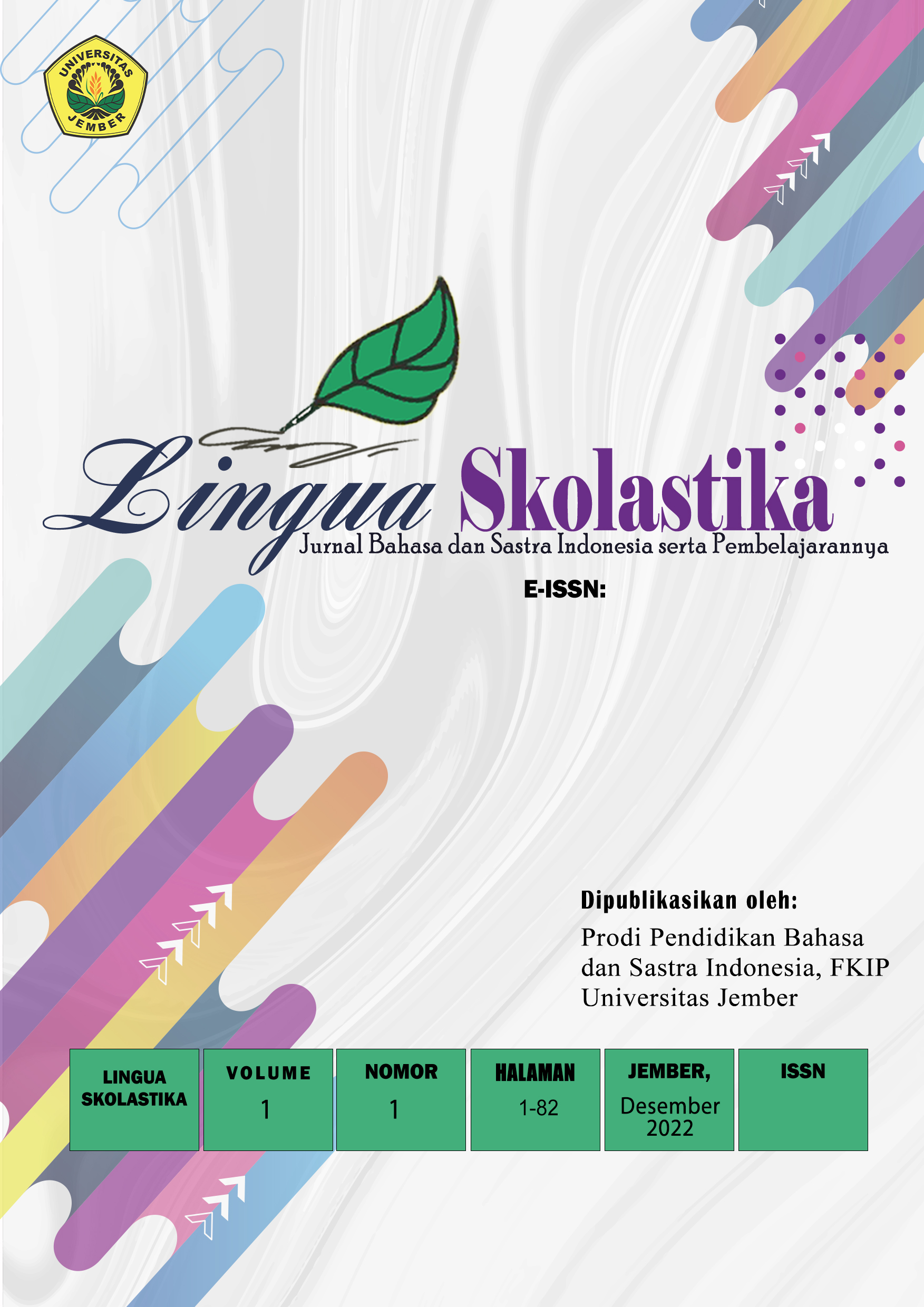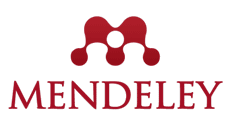MAKNA MANTRA DALAM RITUAL TEING HANG KOLANG PADA UPACARA ADAT MASYARAKAT DI DESA TANGGE, KECAMATAN LEMBOR, MANGGARAI BARAT
DOI:
https://doi.org/10.19184/linsko.v1i1.20136Keywords:
Teing Hang Kolang, Mantra and MeaningAbstract
Teing Hang Kolang is commonly known in West Manggarai regency as one of the traditional rites of ancestral heritage since its existence in this world, which is as old as the beliefs of the local community. Teing Hang Kolang means giving food or offerings to the spirits of the ancestors or ancestors as a form of offering and gratitude with the intention of, among other things, asking for blessings so that they are always protected. The interesting thing about the Teing Hang Kolang Ritual is that it uses spell language to carry out the teing hang kolang ceremony. In this connection, the researcher wants to explore the meaning of the mantra in the Teing Hang Kolang traditional ritual in the community of Tangge Village, Lembor District, West Manggarai Regency. The problems that will be explained in this research are: (1) how is the process of implementing the traditional ceremony in the Teing Hang Kolang ritual in Tangge sub-district, Lembor district, West Manggarai district. (2) What is the meaning of the mantra in the Teing Hang Kolang ritual in Tangge sub-district, Lembor district, West Manggarai district. The objectives of this study were (1) to describe the process of implementing traditional ceremonies in the Teing Hang Kolang ritual in Tangge sub-district, Lembor sub-district, West Manggarai district. (2) describe the meaning of Mantra in the teing hang kolang ritual in Tangge sub-district, Lembor district, West Manggarai district. The benefits of this research are (1) theoretical benefits are expected to be able to provide a knowledge of literature and the development of literary science and hopefully it will be useful for people who will research and seek about literature and analyze literature (2) practical benefits can be useful and provide encouragement to the Manggarai community to continue to assess, appreciate, defend, preserve, and cultivate cultural values ​​that can make the region's wealth and uniqueness. This type of research is a qualitative descriptive study. The data research technique was carried out by (1) observation techniques, (2) interview techniques, (3) documentation techniques. The research procedure is carried out based on the stages, namely (1) the preparation stage, (2) the implementation stage and (3) the reporting stage. The conclusion that can be drawn from this research is that the people of Tangge Village know: (a) The process of implementing the teing hang kolang ritual in Tangge Village, Lembor District, West Manggarai Regency, concludes that there are 5 important stages in the Teing Hang Kolang process, namely: 1) Preparing betel and areca nut ( cepa), 2) Giving customary drinking (teing tuak), 3) Pulling out the feathers of a white cock (kebut wulu manuk lalong bakok), 4) Slaughtering a white rooster (mbele manuk bakok), 5) Toto urat Manuk (showing the tendons of chicken milk ). (b) Among other things, the meaning of religion was a prayer axpressed in a prayer that served the Lord.the almighty through a ceremonial teing hng kolang for our prayers the proxies presented ti the Lord by the ancestral spirit w call upon during a teing hang kolang event. The cultural meaning of the path or direction in acting and thinking to meet tthe necesscities of life both temporal and spritual. Cultural diversity that makes it unique.




